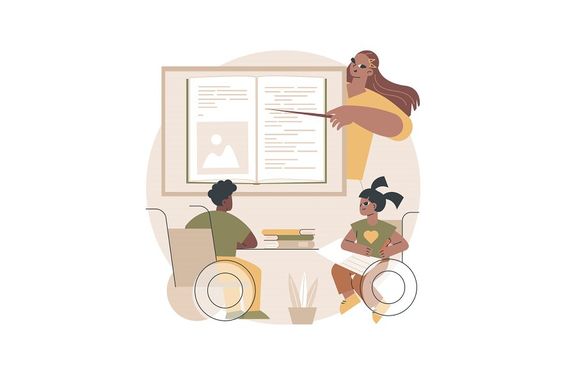Genetics: Learning disabilities can run in families.
Have Questions?

Learning disabilities are neurodevelopmental disorders that affect how a person learns and processes information. They are not a reflection of intelligence or motivation, but rather a difference in how the brain functions. While learning disabilities are often diagnosed during childhood, they can also remain undiagnosed until adulthood.
Learning disability, learning disorder, or learning difficulty is a condition in the brain that causes difficulties comprehending or processing information and can be caused by several different factors. A learning disability is not a problem with intelligence or motivation and people with learning disabilities aren’t lazy or dumb. In fact, most are just as smart as everyone else. Their brains are simply wired differently and this difference affects how they receive and process information.
The exact causes of learning disabilities are not fully understood, but they are believed to be a combination of genetic and environmental factors. Some potential contributing factors include:
Genetics: Learning disabilities can run in families.
Premature birth or low birth weight.
Exposure to toxins or environmental hazards during pregnancy or childhood.


Your child might have a learning disorder if he or she:
Math difficulties: Difficulty with understanding number concepts, performing calculations, and solving problems.
Organization and planning: Difficulty with time management, staying organized, and following instructions.
Processing and memory: Difficulty with remembering information, following directions, and focusing attention.
Social and emotional: Difficulty with social interactions, low self-esteem, and anxiety.
There is no cure for learning disabilities, but there are a variety of treatments that can help individuals manage their symptoms and improve their learning abilities. These include:
Special education : Individualized educational programs (IEPs) can provide additional support and resources in the classroom.
Tutoring : Difficulty with handwriting, grammar, organization, and expressing ideas in writing.
Therapy : Occupational therapy can help with motor skills and coordination, while speech-language therapy can address communication difficulties.
Assistive technology : Tools like audiobooks, text-to-speech software, and calculators can help individuals overcome specific challenges.
Medication : Medication may be helpful for some individuals with learning disabilities who also have co-occurring conditions like ADHD or anxiety.

At William Institute our team of experienced professionals can help you understand learning disabilities and develop a personalized treatment plan to meet your individual needs. We offer a variety of services, including:
Don't hesitate to contact William Institute today to learn more about our services and how we can help you or your loved one manage learning disabilities.